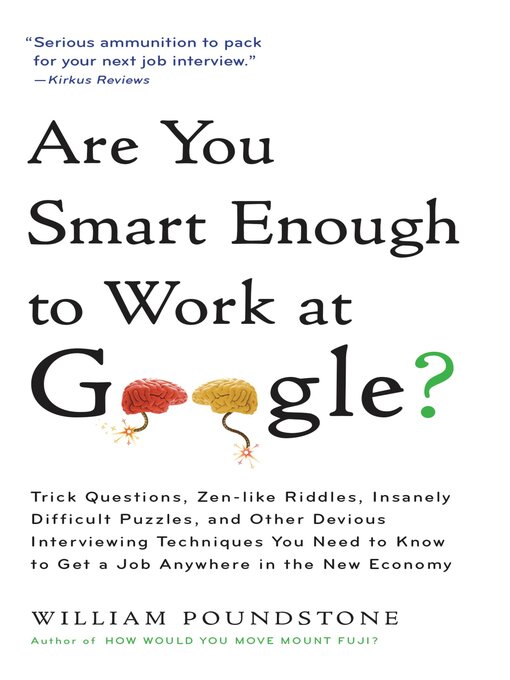- Available now
- New eBook additions
- New teen additions
- Inspirational Fiction
- Most popular
- Try something different
- Manga 1st in Series
- See all ebooks collections
- Available now
- New audiobook additions
- New kids additions
- New teen additions
- Most popular
- Try something different
- Always Available Audiobooks
- See all audiobooks collections



